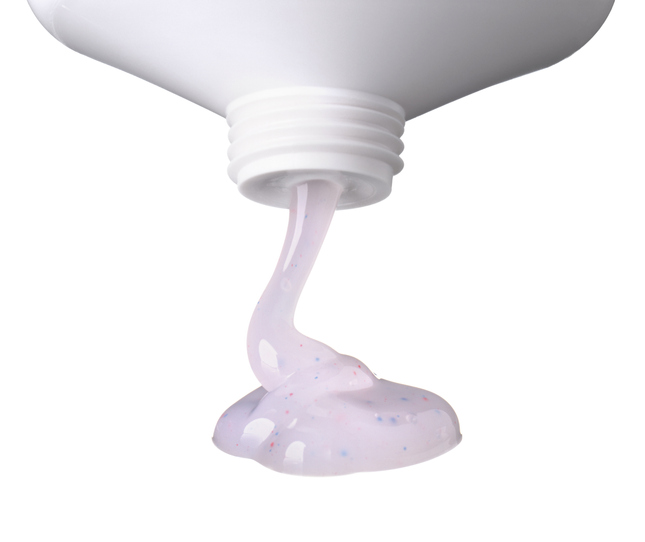An Interview with Stephen Spiegelberg on Rheological Characterization

BE: Please provide a brief overview of Cambridge Polymer Group and the services you provide.
SS: We like to think of ourselves as a one-stop resource for our clients, working everywhere in the product lifecycle from concept through launch and (hopefully not) root-cause analysis.
We are a well-established contract research laboratory that has been operating since the mid-1990’s specializing in polymer science. Our scientists are experienced in analytical testing, polymer chemistry, and product development, testing and analysis. We often serve as either an external routine analytical testing laboratory, or an external research and development facility for our clients.
BE: What does rheological testing involve?
SS: Rheology is the study of the flow of matter. Most people are familiar with the concept of viscosity, and how it relates to how easy it is to pour or spread liquids. Viscosity is one of the parameters that comes out of rheological characterization, but we do much more than that.
We can determine the viscoelastic nature of material, which tells you how the material will respond to different rates of deformation, which is important in polymer processing and end use. We can also (almost uniquely) characterize the response of fluids to extensional deformation, such as found in fibre spinning, coating or injection molding.
BE: What type of materials can you test?
SS: Polymers are, of course, our main source of testing, but the word ‘polymer’ extends beyond standard synthetic polymers. We do a lot of testing of natural polymers, such as collagen and hyaluronic acid, as well degradable polymers.
These polymers can be on their own, or as blends or composites, or functionally part of a larger device, so you can see that the scope of devices and products that “polymers” covers is far broader than the image that “plastics” alone might conjure up.
In the medical field, we also do a fair amount of testing on the cleanliness of devices, which can include both polymeric and metallic devices. In particular, in rheological testing we can of course test the melt-flow properties of the base resins, but we also have extensive experience in understanding and testing the solution and blend properties of these high molecular weight materials.
The rich and varied response of polymers in solution makes for challenging rheological testing, and understanding the end-use and requirements of the test is critical to get useful results.
Link to full Azom Interview